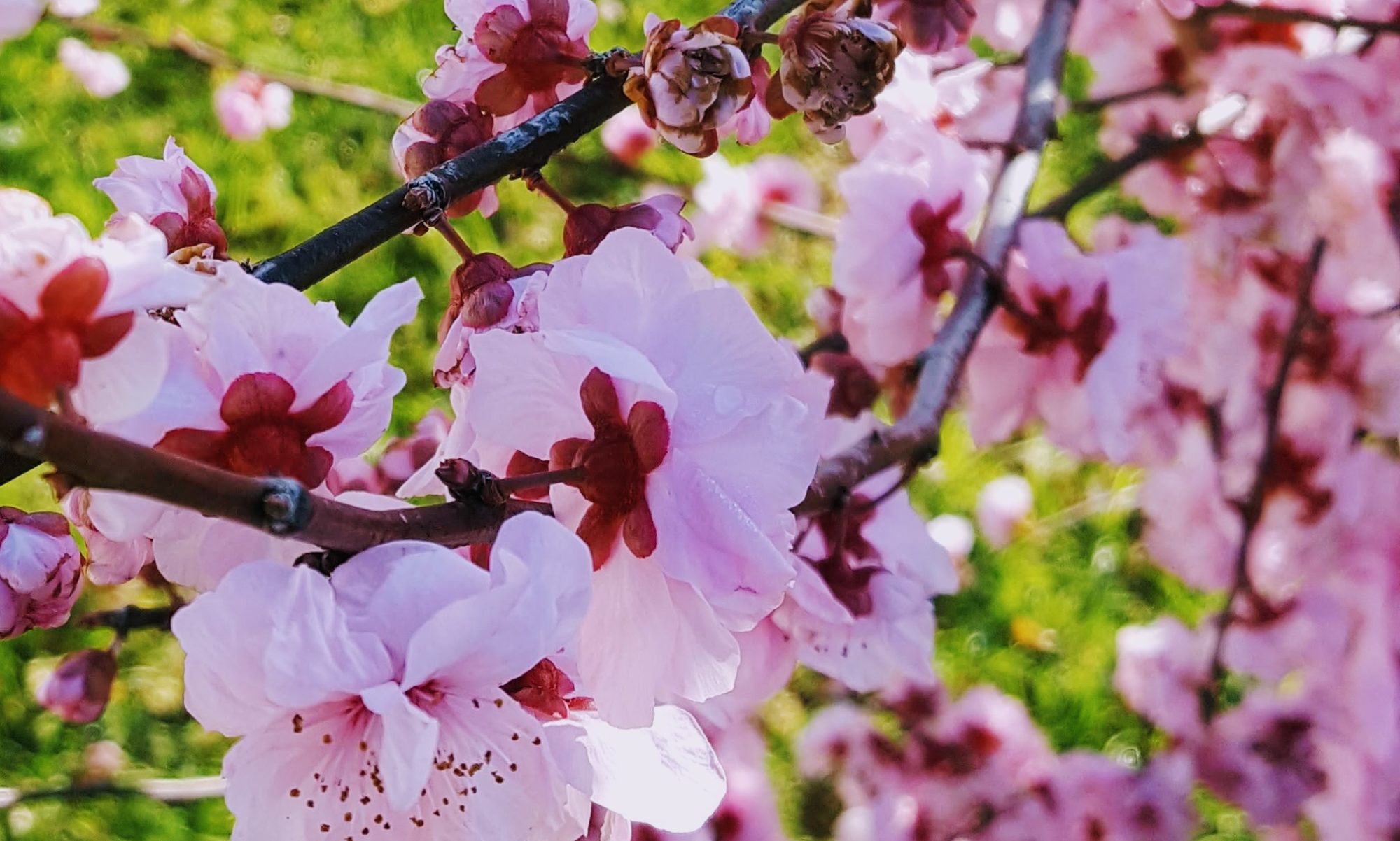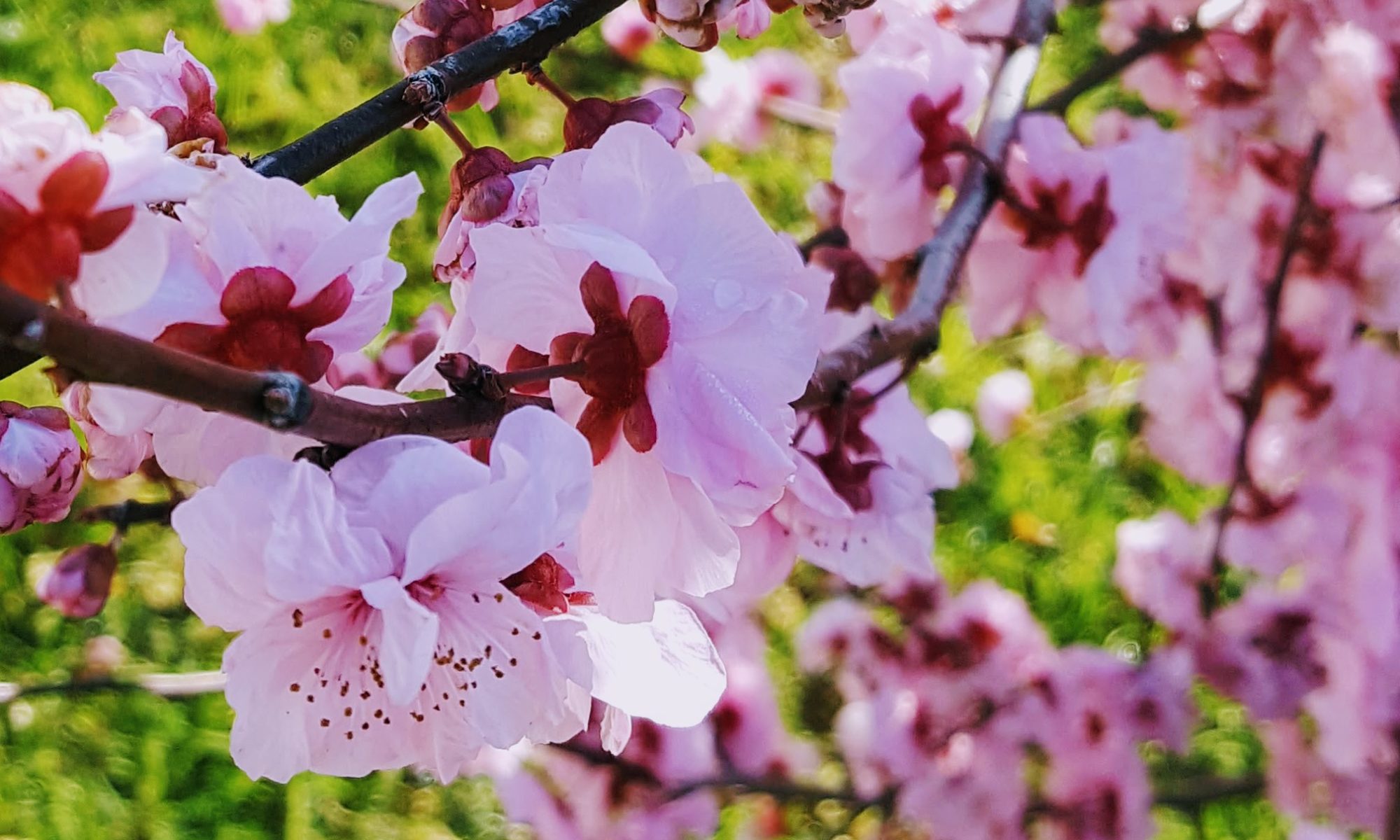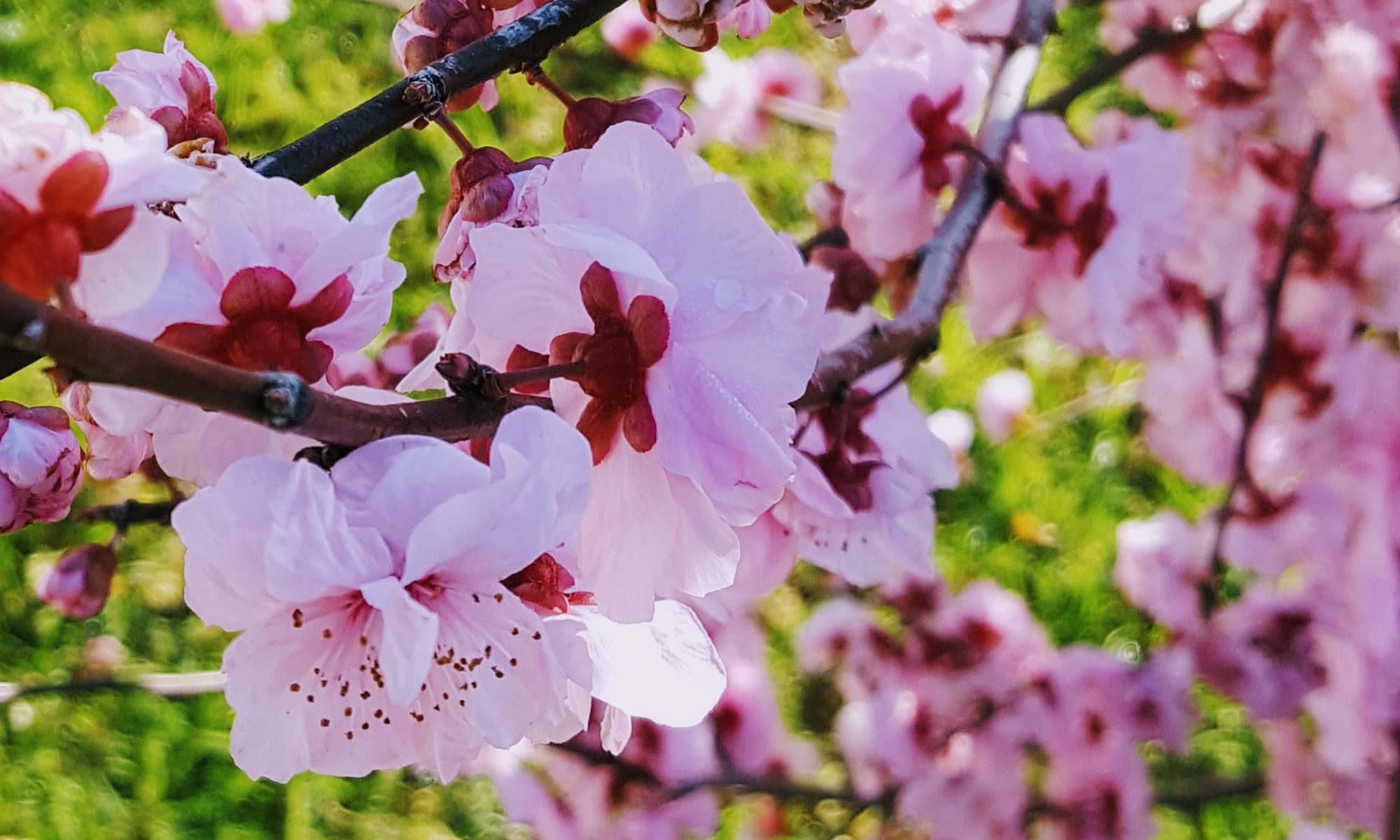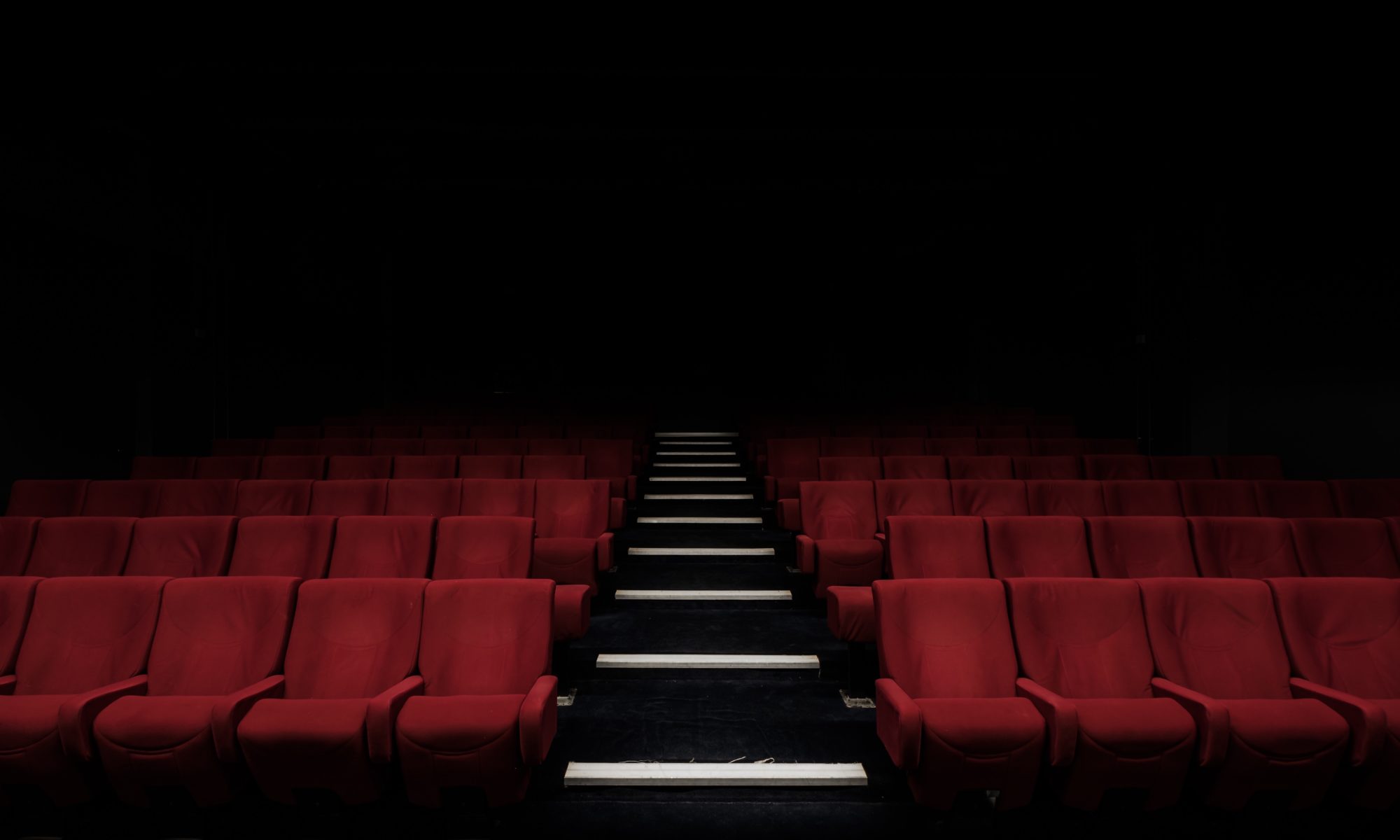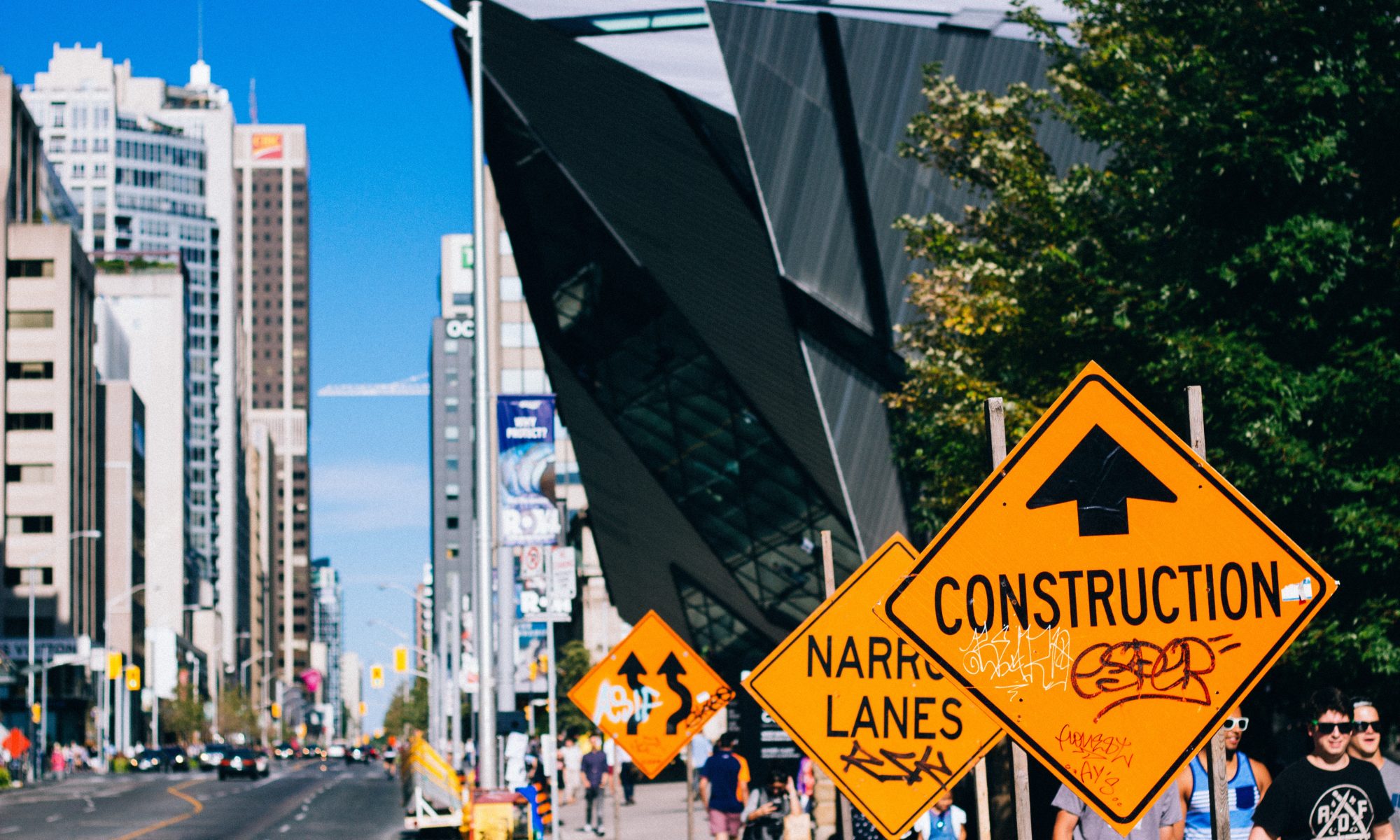Falling Petals is easily my most produced play, and the experience of writing it as well as of the furore around its initial production at Playbox (now Malthouse) in Melbourne continues to provoke my thoughts around drama and dramaturgy.
After the play went on to New South Wales’s high school drama syllabus, I began to get quite a few questions by email from students with great internet search skills.
What follows below are a series of answers from 2012 to the kinds of questions I often receive. These questions came from young actors about to do a playreading of it in Geelong, and I’ve made small edits here and there in my replies for sense.
You’ll find musings on origin of plays, the process I used to prepare and write, nationality and dramaturgy. It’s a long post but there’s bits for anybody who thinks about making theatre and writing plays.
What inspired you to write Falling Petals?
Such a difficult question. I’ve been asked it before, and I keep changing the answer. There are a few parts to what brought it together.
Continue reading “Answers about Falling Petals (a few thoughts #11)”
